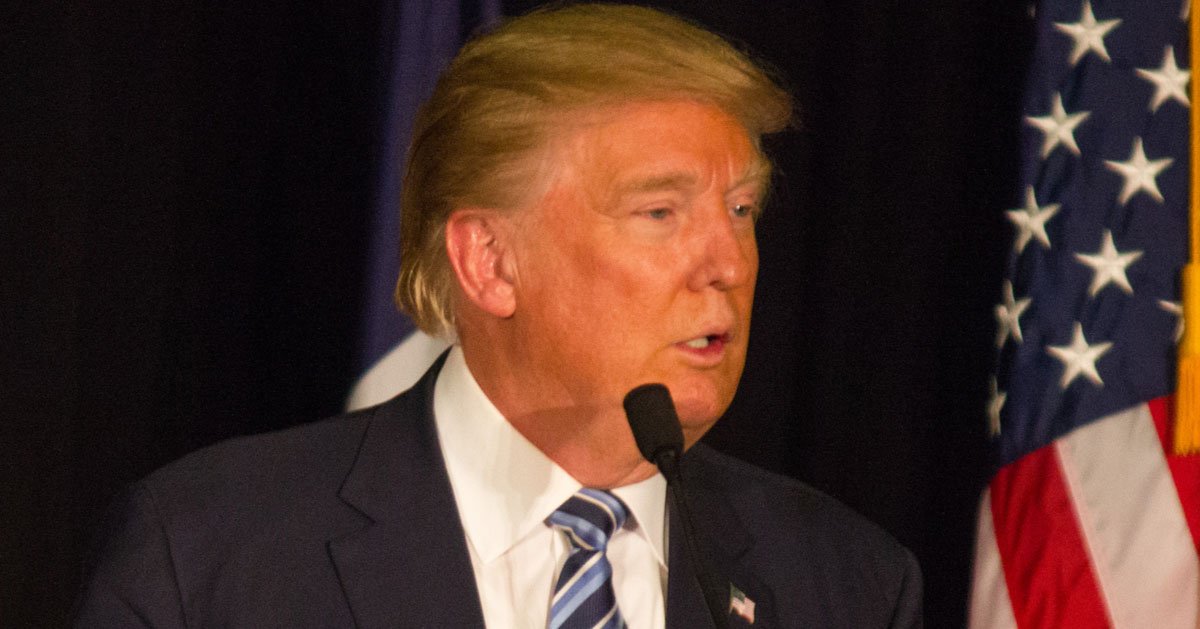








Is academic freedom under siege at Rutgers University, or is it just another skirmish in the culture wars?
Fox News reported that the clash at Rutgers centers on Associate Professor Tia Kolbaba, who signed a petition to disband the university’s Turning Point USA (TPUSA) chapter, accusing the conservative group of fostering hate and violence.
Less than a month ago, the tragic assassination of TPUSA founder Charlie Kirk at Utah Valley University sent shockwaves through conservative circles, with the alleged killer leaving behind shell casings scrawled with left-wing slogans.
The timing of the Rutgers petition, launched earlier this week on Change.org, raises eyebrows about whether grief and fear are fueling this push.
It's ironic that a leftist professor is seeking to disband TPUSA when it was a leftist psycho who shot Charlie Kirk. The left is not only the side of hate and violence but also unyielding intolerance for opposing viewpoints.
The Change.org petition, which doesn’t publicly list all signers, briefly showcased Professor Kolbaba, a religion scholar, in its rotating “Recent signers” carousel, catching the attention of conservative media. Her involvement has thrust her into the spotlight, with Rutgers standing by her under the banner of free speech.
“Rutgers University is committed to providing a secure environment to learn, teach, work, and research, where all members of our community can share their opinions without fear of intimidation or harassment,” a university spokeswoman stated.
The petition itself claims the TPUSA chapter promotes hate speech and incites violence against the Rutgers community. Yet, no concrete evidence has been presented to back these serious allegations. It’s a classic case of accusation without receipts—shouldn’t there be a higher bar for such claims?
Not content to sit idly by, the Rutgers TPUSA chapter, led by outspoken outreach coordinator Ava Kwan, fired back with sharp criticism of the petition.
“The accusations of ‘inciting violence’ and ‘making threats’ are complete lies,” Kwan declared. If lies they are, then this petition isn’t just a disagreement—it’s a smear campaign.
Kwan didn’t stop there, calling out the hypocrisy of those pushing to disband her group. “The same people claiming we’re suppressing their free speech are actively trying to silence us for speaking the truth,” she said. It’s a biting point: if free speech is the goal, why does it seem to apply only to one side of the debate?
The TPUSA chapter also launched a counter-petition last week, demanding the university fire Professor Mark Bray, whom they dub “Dr. Antifa” for his authorship of a book advocating militant anti-fascism.
Bray’s work openly directs at least half its proceeds to an international anti-fascist fund, raising questions about where activism ends and advocacy for violence begins.
Adding fuel to the fire, Bray announced this week that he and his wife are relocating to Spain after his address was exposed online and threats followed.
He claims to fear for his family’s safety, and the anti-TPUSA petition insinuates the chapter played a role in cultivating this harassment. But let’s be clear: no evidence ties the Rutgers TPUSA group to any threats against Bray.
Rutgers, meanwhile, has stayed mum on specifics, with a spokeswoman noting, “The university does not comment on specific personnel or student conduct matters.” Fair enough, but when faculty and students are at each other’s throats, a little transparency might go a long way.
The backdrop of Charlie Kirk’s assassination looms large over this campus spat. While an event featuring Kirk occurred at the University of Minnesota’s Northrop Auditorium just weeks before the tragedy, the Rutgers controversy shows how his death continues to ripple through universities nationwide.
What’s really at stake here isn’t just one club or one professor—it’s whether universities like Rutgers can truly be neutral arbiters of free expression. When a petition to ban a group cites “hate speech” without proof, it risks becoming a tool to quash dissent rather than protect anyone.
Both sides deserve a fair hearing, but the scales seem tipped when faculty can push to silence students while cloaked in academic freedom. If Rutgers is serious about a “secure environment,” it must ensure that security doesn’t come at the cost of conservative voices. This isn’t about picking winners; it’s about ensuring the game isn’t rigged from the start.



